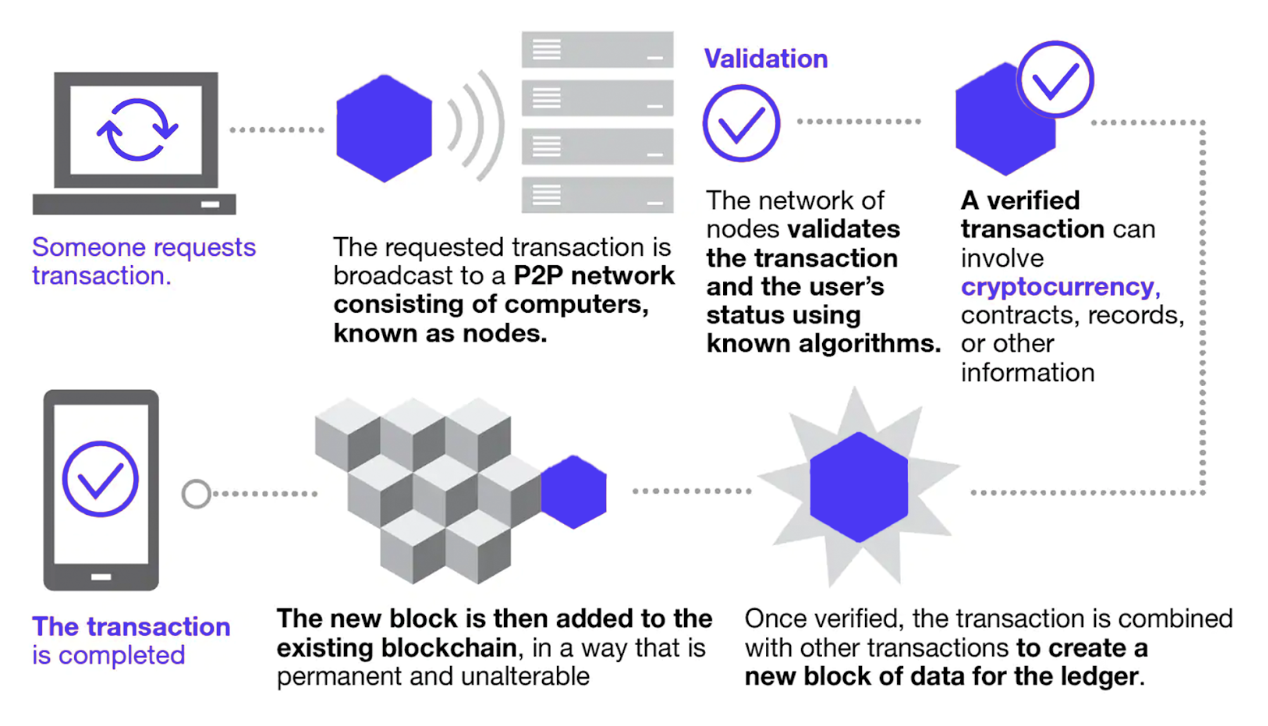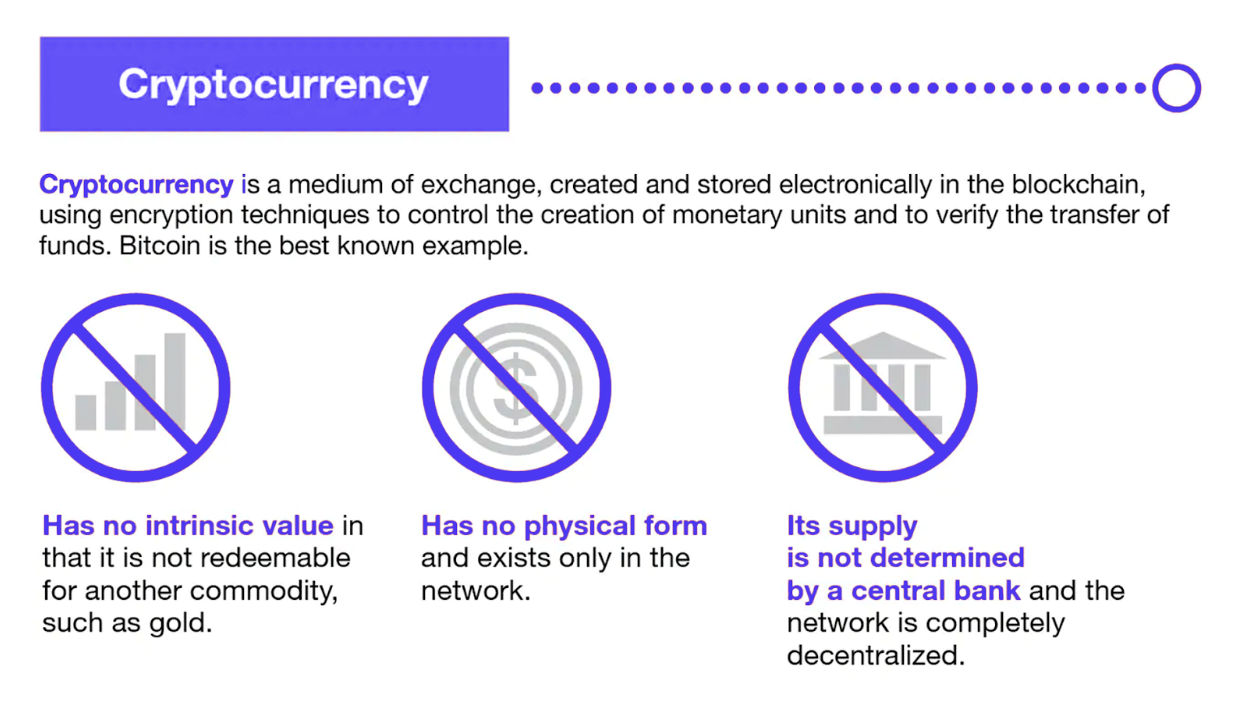Blockchain & Crypto
About the Blockchain

The Blockchain refers to a network on which the “money” transactions happen. A blockchain is a decentralized ledger of all transactions across a peer-to-peer network. Using this technology, participants can confirm transactions without the need for a central clearing authority. Potential applications can include fund transfers, settling trades, voting, and many other operations.
Most cryptocurrencies have their own blockchains with their own rules. Some blockchains support different types of cryptocurrencies.
The Blockchain as a public ledger
A public ledger derives its name from the age-old record-keeping system used to record information, such as agricultural commodity prices, news, and analysis.
About Cryptocurrencies

This refers to assets like Bitcoin, Ethereum, Matic, and many others. It's like digital money.
Good to Know
- A blockchain public ledger is a record-keeping system
- The ledger maintains participants’ identities anonymously, their respective cryptocurrency balances, and a record of all the genuine transactions executed between network participants.
- Cryptocurrency, a digital form of currency, facilitates secure transactions without intermediaries.
- Crypto operates on blockchain, a decentralized and transparent ledger recording all transactions.
- Blockchain's reliability enables direct peer-to-peer transactions without third-party involvement.
- Owning cryptocurrency means taking full responsibility for securely storing assets, free from central authority control.
Updated 3 months ago